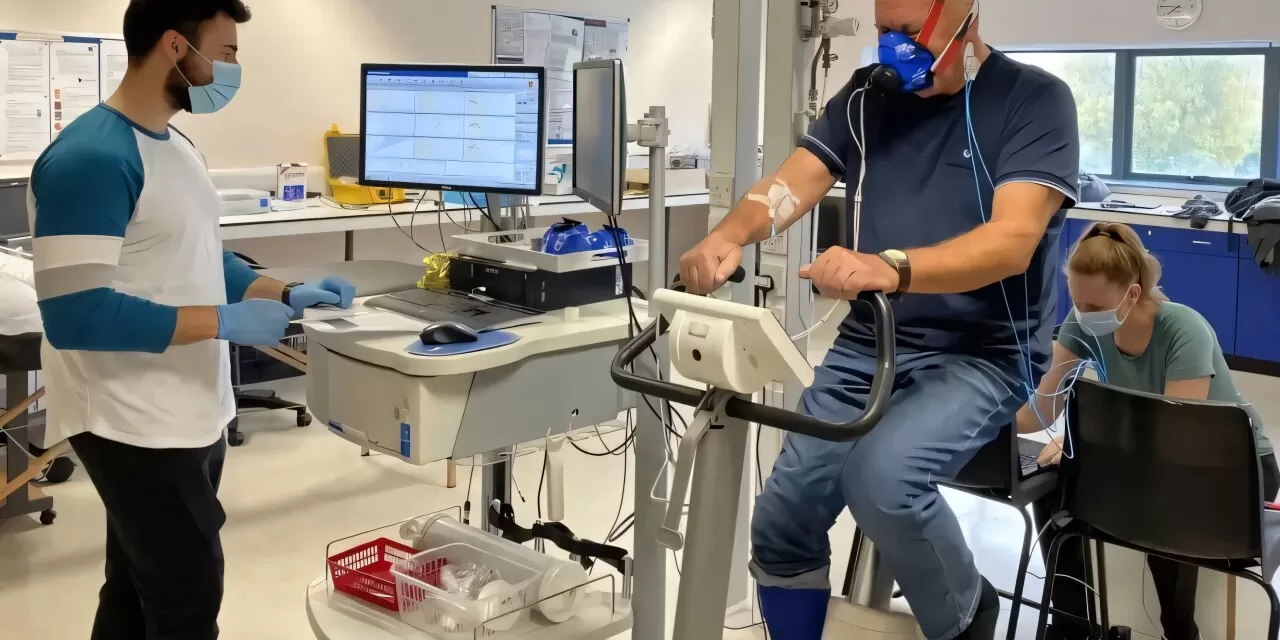University of Portsmouth researchers uncover potential cardiovascular benefits of ketone supplementation.
A groundbreaking study from the University of Portsmouth has found that drinking ketone-based supplements may improve heart efficiency in individuals with type 2 diabetes (T2D). The research, published in the Journal of Applied Physiology, marks the first instance of monitoring the cardiovascular effects of ketone esters in diabetic patients.
Promising Findings on Heart Function
Led by Dr. Maria Perissiou from the University’s School of Psychology, Sport, and Health Sciences, the small-scale study investigated how ketone ester drinks affect heart health. The research was initiated following discoveries that a new diabetes treatment, designed to lower blood sugar levels, also significantly reduced cardiovascular mortality. However, the exact mechanisms behind this benefit remained unclear.
The trial involved 13 participants, each given a ketone drink followed by a placebo a week later. Their cardiovascular function was measured 30 minutes after consumption using non-invasive monitoring techniques, including ECG-like assessments, ultrasound scans of microvascular function, and infrared spectroscopy to examine blood flow.
Dr. Perissiou reported, “In all 13 participants, their hearts worked more efficiently after consuming the ketone drink—both at rest and during moderate-intensity exercise—compared to the placebo. While these results are promising, further research is necessary to understand the long-term effects of ketone supplementation.”
The Connection Between Ketones and Heart Health
The study’s findings build on observations from previous research into sodium-glucose cotransporter-2 inhibitors (SGLT2i), a diabetes medication that incidentally improved heart health. The prevailing theory suggests that the drug induces ketosis, compelling the heart to utilize ketones as an energy source, thereby enhancing cardiac function.
“Our bodies typically rely on glucose as the primary fuel source, but in people with diabetes, glucose remains in the bloodstream, damaging blood vessels over time,” explained Dr. Perissiou. “As a result, their hearts compensate by burning fatty acids, which can lead to increased cardiovascular strain and higher mortality risk.”
The research suggests that ketone supplementation could offer an alternative, more efficient energy source for diabetic hearts. However, Dr. Perissiou emphasized the need for additional studies to determine whether sustained ketone intake provides lasting benefits.
Future Research and Considerations
While this study provides valuable insights, it remains a preliminary investigation with a small sample size. The researchers acknowledge that more extensive, long-term trials are required to validate the effects of ketone supplements on heart health and assess any potential risks.
Disclaimer:
This article is based on an early-stage study and does not constitute medical advice. Individuals with type 2 diabetes should consult healthcare professionals before considering ketone supplementation. Further research is necessary to confirm the findings and establish long-term safety and efficacy.
For more information, refer to the full study: M. Perissiou et al., Journal of Applied Physiology (2025), DOI: 10.1152/japplphysiol.00800.2024.











